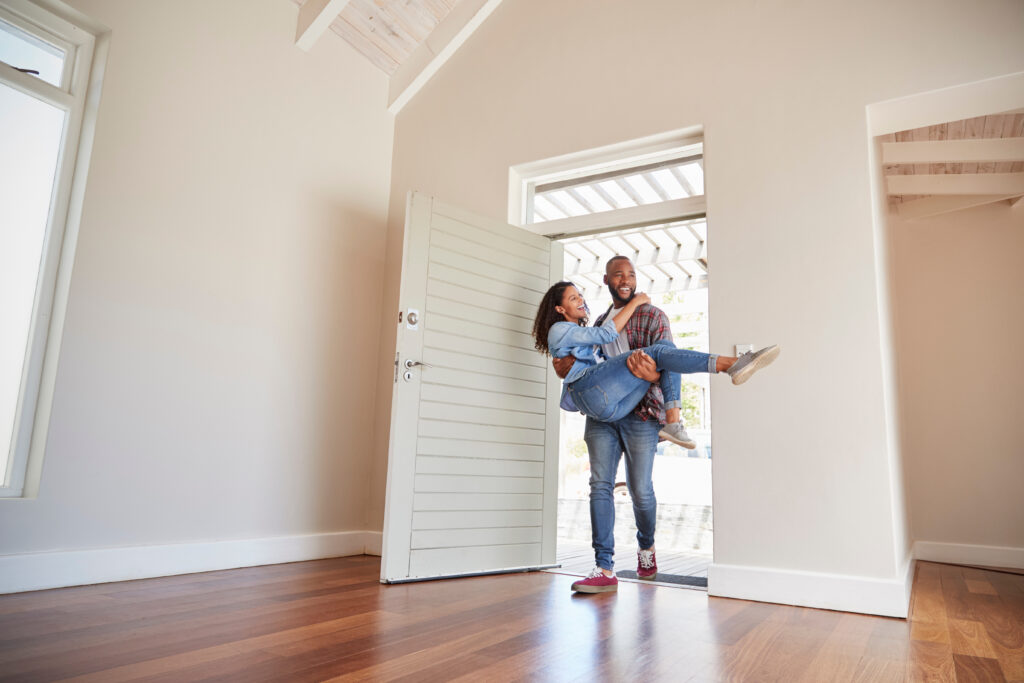How to Prepare Your Finances for One of Life’s Biggest Investments
Buying a house is one of the biggest financial decisions you’ll ever make. And while house hunting can be exciting, getting your money in shape first can save you time, stress, and a lot of cash in the long run. These 10 steps will help you get there.

1. Check Your Credit Score and Report
Before anything else, pull your credit report and check your score. Make sure there are no errors and work on improving your score if it’s on the lower side. The better your credit, the lower your interest rate—and that adds up fast.
2. Start Saving for a Down Payment
Most conventional loans require 5% to 20% down. The more you can put down, the better your monthly payments will look. Automate transfers into a high-yield savings account just for your future home.
3. Build an Emergency Fund
Before locking yourself into a mortgage, make sure you have a solid emergency fund. Aim for at least three to six months of expenses in a separate account. Homeownership comes with surprises—and they aren’t always cheap.
4. Track Your Spending and Cut Excess
Lenders will evaluate your debt-to-income ratio. The lower it is, the better. Now is the time to cut back on subscriptions, takeout, and impulse buys so you can show more room in your budget.
5. Pay Down High-Interest Debt
Focus on reducing credit card balances and other high-interest loans. This not only improves your debt ratio but can also bump up your credit score before you apply.

6. Avoid Major Purchases or New Credit Lines
Hold off on buying a car, furniture, or applying for new credit cards while preparing for a mortgage. Big purchases can tank your credit score or throw off your debt-to-income balance.
7. Get Pre-Approved for a Mortgage
Pre-approval gives you a realistic budget and shows sellers you’re serious. It also helps you compare interest rates and understand your financing options before you start touring houses.
8. Plan for Closing Costs
Closing costs can range from 2% to 5% of the purchase price. That means on a $300,000 home, you might need an extra $6,000 to $15,000. Budget for it now so you’re not scrambling later.
9. Research Assistance Programs
First-time homebuyers may qualify for grants, low-interest loans, or tax credits at the local or federal level. A little research could help you save thousands up front or over the life of the loan.
10. Budget for Post-Move Costs
After closing, you’ll need money for moving expenses, utilities, maintenance, and furnishings. Factor those costs in now so you’re not caught off guard once you get the keys.
Final Thought
Buying a home isn’t just about getting approved for a loan—it’s about setting yourself up for long-term financial success. With the right preparation, you can feel confident walking into homeownership with more control and less stress.
Let me know if you’d like a shorter version for email, a few bullets for newsletter formatting, or CTA buttons to wrap this into a My Digital Dive format!
